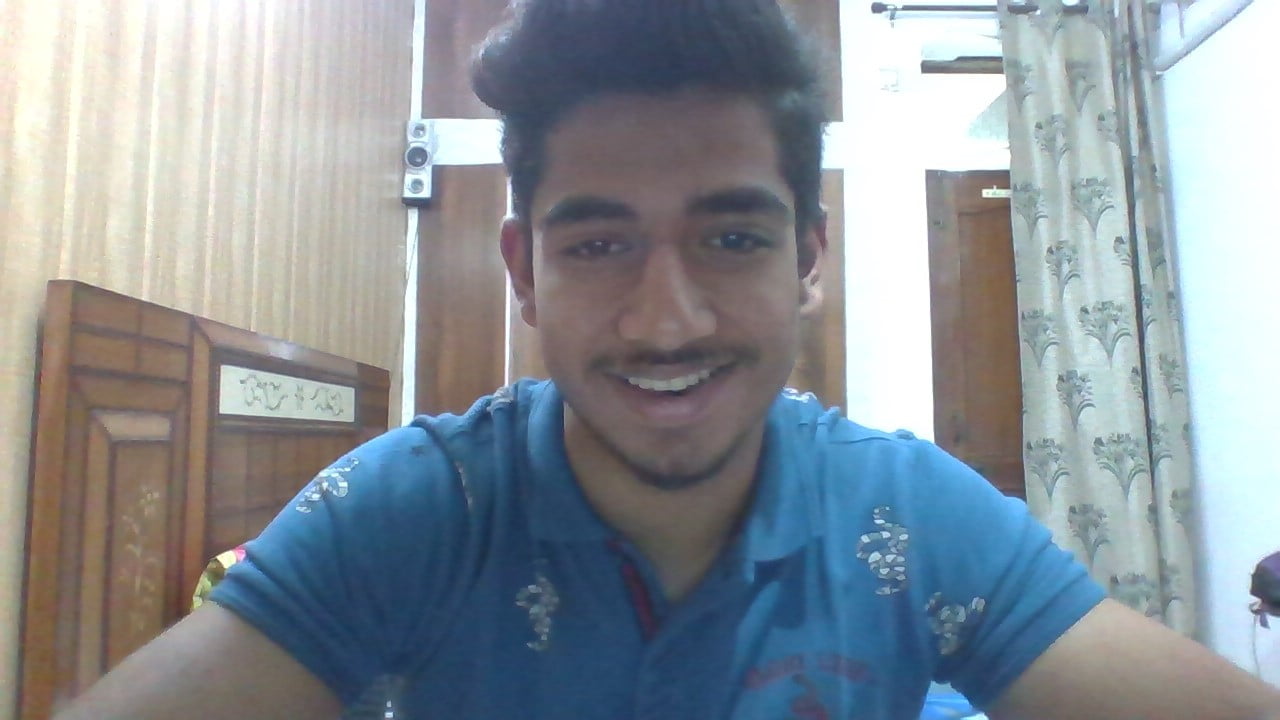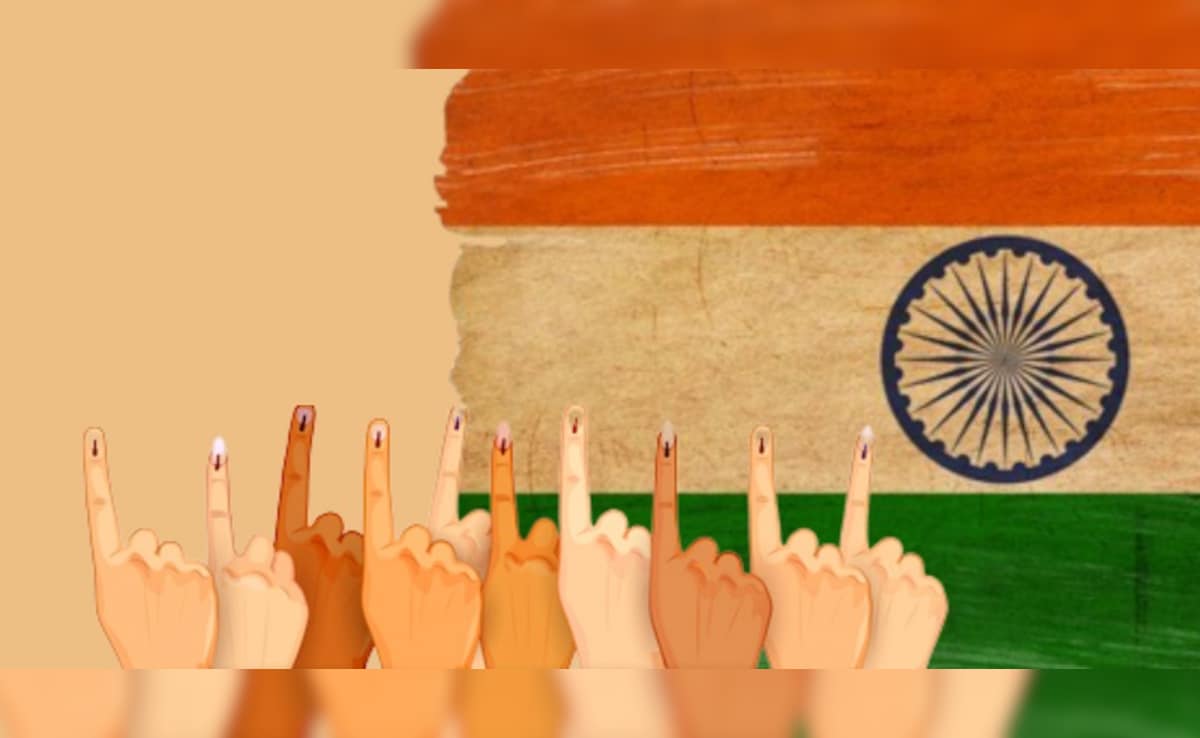
New Delhi:
According to the committee’s report accepted by the Union Cabinet on Wednesday, the high-level committee on ‘One Country, One Election’ had contacted 62 political parties, of which 47 responded. Of these, 32 supported holding simultaneous elections and 15 opposed it.
Moving ahead on its “one country, one election” plan, the government on Wednesday accepted the recommendations of a high-level committee to hold simultaneous elections to the Lok Sabha, state assemblies and local bodies in a phased manner after a nationwide consensus building exercise.
Among the national parties, Congress, Aam Aadmi Party (AAP), Bahujan Samaj Party (BSP) and Communist Party of India (Marxist) (CPI-M) opposed the proposal while Bharatiya Janata Party (BJP) and National People’s Party (NPP) supported it.
The report said, “Responses were received from 47 political parties. Except for fifteen political parties, the remaining 32 political parties not only supported the system of simultaneous elections but also advocated its adoption to save limited resources, protect social harmony and encourage economic growth.”
According to the report submitted by the committee to President Draupadi Murmu in March, the AAP, Congress and CPI(M) rejected the proposal, saying it undermines democracy and the basic structure of the Constitution. The BSP did not outright oppose it but raised concerns regarding the country’s large territorial expanse and population, which could make its implementation challenging.
The Samajwadi Party (SP) said that if simultaneous elections are held, state-level parties will not be able to compete with national parties as far as election strategy and expenditure are concerned, which will increase differences between the two parties.
These parties opposed
These parties supported
The AIADMK, All Jharkhand Students Union, Apna Dal (Sonelal), Assam Gana Parishad, Biju Janata Dal, Lok Janshakti Party (R), Mizo National Front, Nationalist Democratic Progressive Party, Shiv Sena, Janata Dal (United), Sikkim Krantikari Morcha, Shiromani Akali Dal and United People’s Party Liberal supported the resolution.
These parties did not give any response
Other parties, including Bharat Rashtra Samithi, Indian Union Muslim League, Jammu and Kashmir National Conference, Janata Dal (Secular), Jharkhand Mukti Morcha, Kerala Congress (M), Nationalist Congress Party, Rashtriya Janata Dal, Rashtriya Loktantrik Party, Revolutionary Socialist Party, Sikkim Democratic Front, Telugu Desam Party and YSR Congress Party, did not respond.
Other parties that opposed it were CPI (ML) Liberation and Social Democratic Party of India. Rashtriya Lok Janata Dal, Bharatiya Samaj Party, Gorkha National Liberal Front, Hindustani Awam Morcha, Rashtriya Lok Jan Shakti Party and Nationalist Congress Party (Ajit Pawar) were among those who opposed it.
(This news has not been edited by the NDTV team. It has been published directly from the Syndicate feed.)
Thank you for taking the time to read this article! I hope you found the information insightful and helpful. If you enjoyed this type of content, please consider subscribing to our newsletter or joining our community. We’d love to have you! Feel free to share this article with your friends and family, who might also find it interesting.

Kanishk Singh has always had a keen interest in fast-paced cars. For the past three years, he has been writing about automobiles, but his fascination with cars dates back even further. He thoroughly enjoys learning about their features and expressing his thoughts through his writing. Kanishk also has a profound interest in the stock market, shares, and business strategies. He possesses a wealth of knowledge on these subjects and consistently writes articles on them. Currently, he is working as a writer for Lattestnews24, specifically focusing on the Automobile, Finance, and Business categories. His well-crafted words are highly appreciated by the readers, as they find them both informative and creative.
